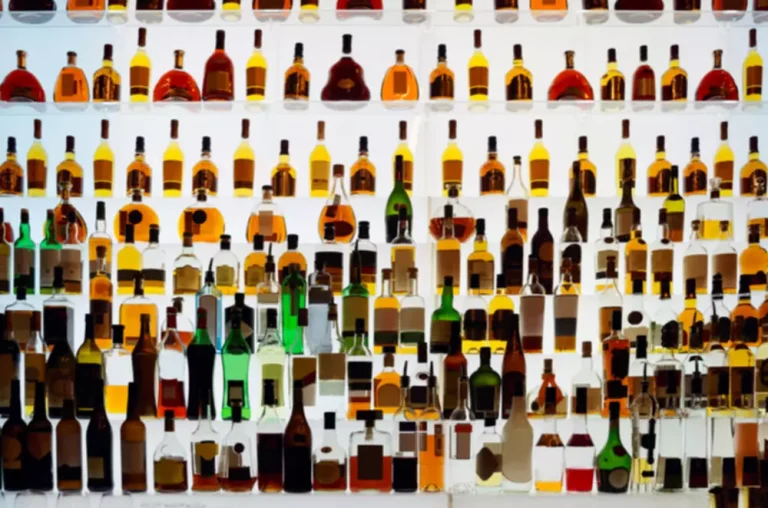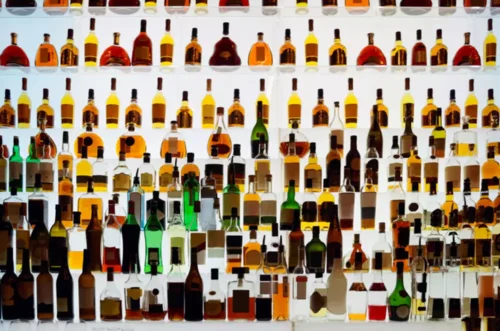
The “craving, sleep problems, nightmares, anger, irritability, dysphoria unease and nausea” go away after one or two weeks. The chronic relapsing nature of addiction seems to involve underlying neurophysiological changes in reward, stress, and executive function circuits (Koob and Volkow 2016). Here we summarize findings about the effects of chronic cannabis use on these circuits. Some people may use cannabis to avoid negative experiences, such as trouble sleeping, anxiety, or depression.

Effect on the Brain
The impact may be broad, including impaired control, social impairment, risky use and pharmacological criteria (including tolerance and withdrawal). One of the biggest risk factors of marijuana addiction may be age. People are is weed addictive up to seven times as likely to experience marijuana use disorder when they start using before the age of 18. Additionally, men are twice as likely as women to experience marijuana use disorder.

Genome Study Explains Marijuana’s Habit-Forming Potential

And, my generation of marijuana smokers quit relatively easily when they became parents and homeowners. Over time, marijuana use can cause other detrimental effects, including lung problems, memory loss and a decline in IQ. Chronic marijuana use can also increase a person’s risk of certain psychiatric problems. As a result, they may have a higher tolerance and need to smoke larger amounts of weed to get high.

Health Products
Addiction happens when a person uses a substance such as alcohol, marijuana, or another drug in excess. It is usually marked by a change in behavior, where the person becomes consistently focused on using that substance regardless of potential negative outcomes. Addiction can be physical, psychological, or both at the same time. About 90 percent of the people who used drugs and their primary drug of choice wasn’t marijuana met the criteria for abuse, compared to 47 percent of primary marijuana users.
- THC is known as the substance that makes a person feel a “high,” while CBD often promotes a feeling of relaxation.
- Don’t users know this and titrate their dose accordingly, using less of the more potent pot?
- Someone with CUD may experience cravings and an increased tolerance for cannabis.
- Cannabis edibles, which are increasingly prominent 22, 23, typically have lower potency but delayed onset and longer duration 24.
- Genes are one strong predictor of developing an addiction, said Dr. Alex Stalcup, medical director of the New Leaf Treatment Center in Lafayette, California.
Is cannabis (weed) addictive?
- By the eighth day, the monkey vanished, and I haven’t seen him since,” Welch wrote.
- The person experiences symptoms when they stop using the substance, which makes them feel the need to use it again.
- In healthy people, marijuana is sometimes used as a substitute for other, stronger substances.
- If a loved one battling addiction goes missing, it’s crucial to act swiftly and effectively.
- The National Institute on Drug Abuse (NIDA) reports that 30% of people who use marijuana will develop problems with its use, known as marijuana use disorder.
They’re not driving under the influence of the drug or using the drug at work. They don’t get caught with marijuana and never enter the legal system. “A person is not dependent on a drug unless they experience some kind Alcohol Use Disorder of negative outcome upon stopping their use,” said Reiman.

Cannabis use disorder and increased THC concentration
Treatments for CUD seem to target aspects of the binge-intoxication, withdrawal-negative affect, and preoccupation-anticipation stages described by Koob and Volkow (2016). Analysis of the genomes of more than 1 million people has revealed dozens of genetic variants linked to cannabis use disorder, according to the Yale-led research team. “Nearly 1 in 5 people who begin marijuana use during adolescence become addicted,” Adams said. “That’s scary to me as the dad https://ecosoberhouse.com/ of a 15-, a 13- and a 9-year-old.”
Research does suggest cannabis has the potential for addiction, especially when a person uses it frequently or starts using it during childhood or adolescence. By Buddy TBuddy T is a writer and founding member of the Online Al-Anon Outreach Committee with decades of experience writing about alcoholism. Because he is a member of a support group that stresses the importance of anonymity at the public level, he does not use his photograph or his real name on this website. Research suggests there are currently no effective medications in the treatment of cannabis use disorder. Buspirone was one medication of interest, but some research has shown that it is no more effective than a placebo and, in some cases, was linked to worse cannabis use outcomes.

